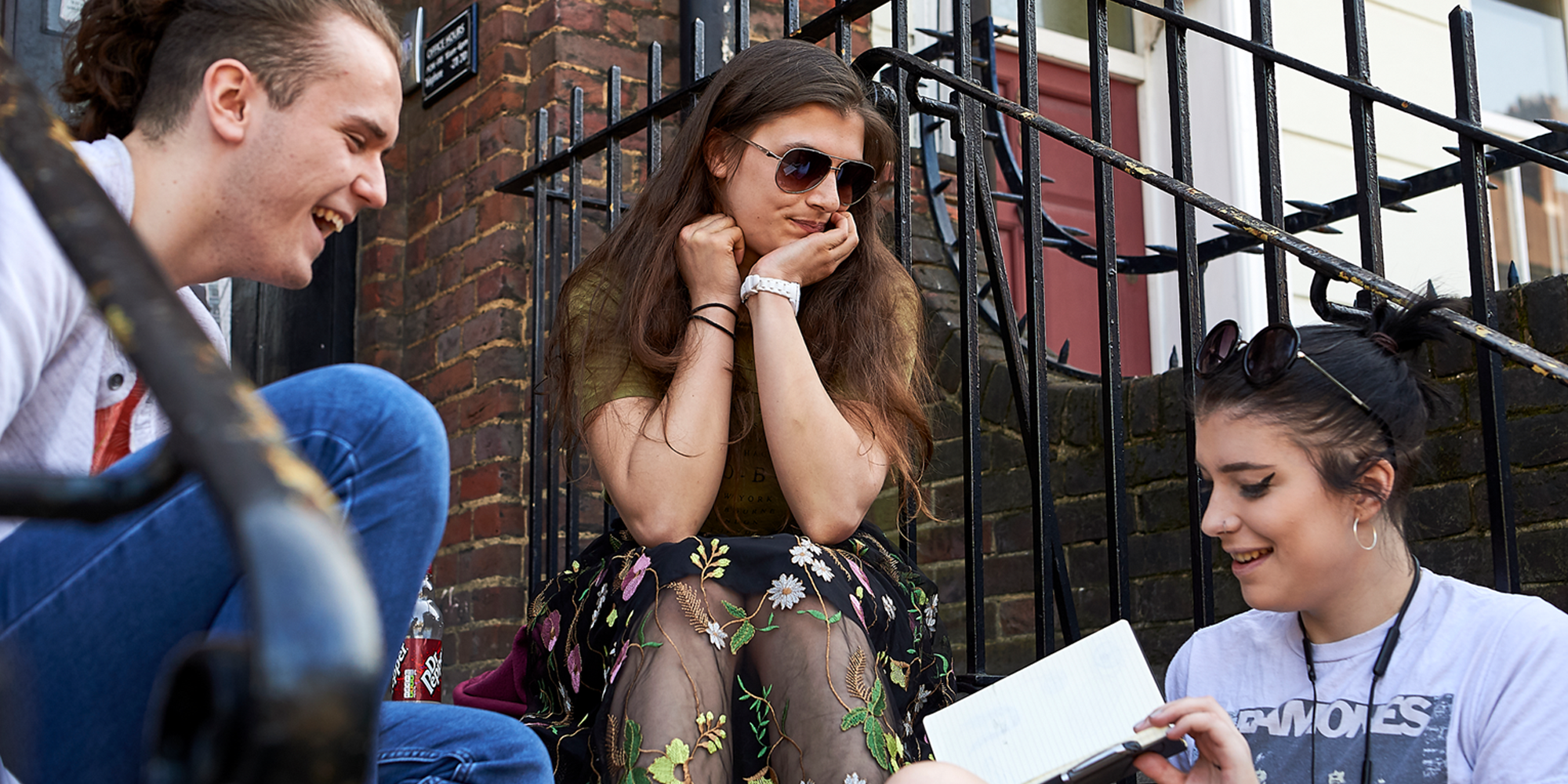
Today the Evening Standard, in partnership with The London Community Foundation, launches a ground-breaking £1 million campaign to back schools seeking to drive down exclusions to a minimum.
London secondary schools with exclusions higher than the national average that are keen to tackle exclusions in progressive ways are invited to apply for grants of up to £150,000 each, spread over three years, to develop on-site inclusion units.
Our campaign, The Excluded, aims to have a transformative impact on secondary schools’ inclusion and is inspired by the pioneering ethos of London schools like Dunraven in Lambeth, as well as the city of Glasgow, where exclusions are down by over 85 per cent.
It is also a positive response to our special investigation which has revealed a clear link between the 70 per cent rise in permanent exclusions in the last five years and the catastrophic escalation of youths caught up in county line drug dealing and knife crime.
The £1 million windfall has been raised from John Lyon’s Charity, a leading funder for young people in north and west London, and from Martin Moshal, a tech investor and philanthropist, who will each contribute £500,000 over three years.
Lynne Guyton, chief executive of John Lyon’s Charity, said: “Over the past eight years there has been a trend towards zero-tolerance resulting in more pupils being excluded. This is happening for several reasons including lack of funding and because schools are under pressure to remove children who bring down their exam results. In our experience of grant-making, unruly child behaviour is always a symptom of an underlying problem, be it bereavement of a parent, abuse by a family member, mental health issues of parents, being a 'looked after' child or inadequate housing. By partnering with the Standard, we hope to empower visionary headteachers to pioneer new ways of bolstering inclusion.”
Moshal, a South African who wanted to contribute to London after living here ten years until December 2018, said: “A school’s approach to exclusions can make the difference between a young person correcting their path and entering the world confident and productive and one who leaves a trail of trauma in their wake. Our work at the Moshal Scholarship Program with young people in South Africa and Israel has shown that success can arise out of adversity, given the right support. My backing for the Standard’s campaign is driven by my belief that there is massive potential among young people from challenging backgrounds, and that if harnessed effectively, can transform their lives, those of their families and hopefully the wider world.”
Kate Markey, chief executive of The London Community Foundation, said: “We want to encourage schools that have lacked resources to be as inclusive as they might, and who can lead the way in supporting distressed children that act out, so that no child is left behind.”
The Excluded
What is happening today? We are launching a £1M pilot fund over three years to help schools seeking to radically cut exclusions. This is inspired by the success of The Base inclusion unit at Dunraven School in Lambeth and nurture units at mainstream schools in Glasgow that promote a supportive and inclusive learning environment, with excellent results.
What is on offer? Grants of up to £150,000 per school over three years.
Which schools can apply? London secondary schools with higher exclusion rates than the national average (10% for fixed term exclusions, 0.2% for permanent exclusions) seeking to tackle these issues by building their inclusion capacity so as to drive down exclusions to a minimum.
What will we fund? You can apply for funds to develop and deliver an on-site programme that aims to reduce school exclusions. Funds are principally for salary costs where that member of staff is dedicated to improving inclusion. Funding is also available for training costs for that post-holder and, to a lesser extent, essential equipment costs. The proposed project should be at the heart of your schools’ ethos and endorsed by the whole school community, including governors and the headteacher.
Who are the funders? John Lyon’s Charity and tech investor and philanthropist Martin Moshal will each contribute £500,000 over three years. Funds from John Lyon’s Charity are restricted to schools in their beneficial area of North and West London: Barnet, Brent, Camden, Ealing, Hammersmith & Fulham, Harrow, Kensington & Chelsea and Westminster. The Moshal funding applies to schools across the rest of London, through LCF.
How will the process work? There is a two-stage application process, starting with an expression of interest. Schools within the beneficial area of JLC should submit these to www.jlc.london. Schools in other London boroughs should do so through The London Community Foundation who will administer the Moshal funds - at londoncf.org.uk/grants/excluded-initiative (expression of interest here). The criteria for funding is the same in both cases. Schools taken forward to stage 2 will be visited to discuss their project in greater detail.
How will decisions be made?
Schools will be shortlisted by JLC and LCF with a final decision made by a steering group comprising of both funding organisations, LCF, invited industry experts and the Evening Standard. If successful, your grant agreement will be with JLC or LCF.
What is the aim? To help schools that recognise they have an issue with exclusions and wish to reduce them. The impact of projects will be measured to identify models that result in reduced pupil exclusions and that could be replicated in other schools.
What is the timeframe? Expressions of interest by 12 noon 7 Feb 2020, stage 2 applications by Friday 20 March 2020, successful schools to be announced in April.
